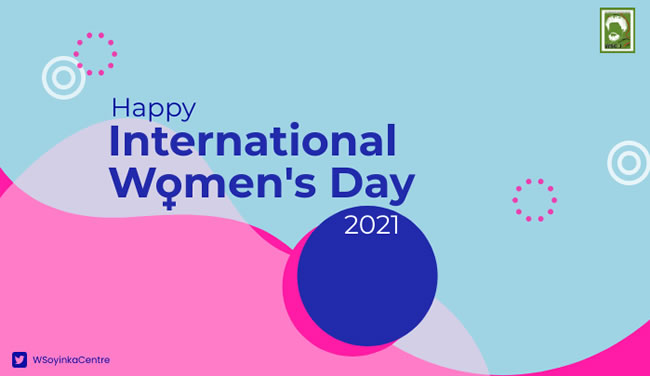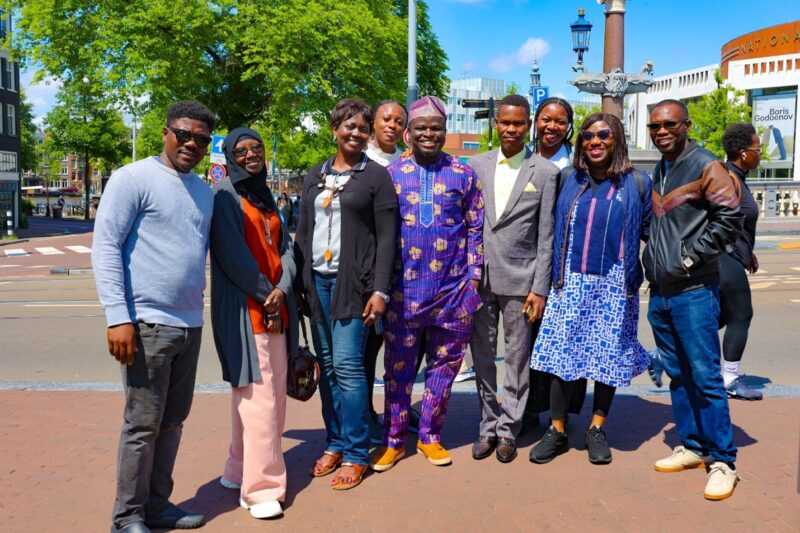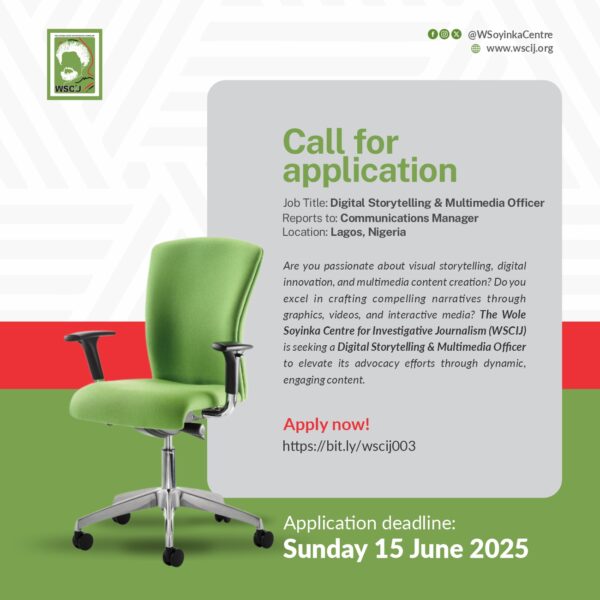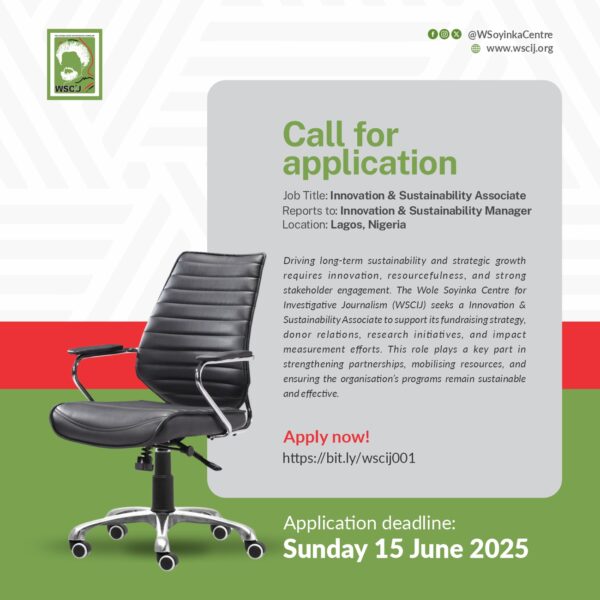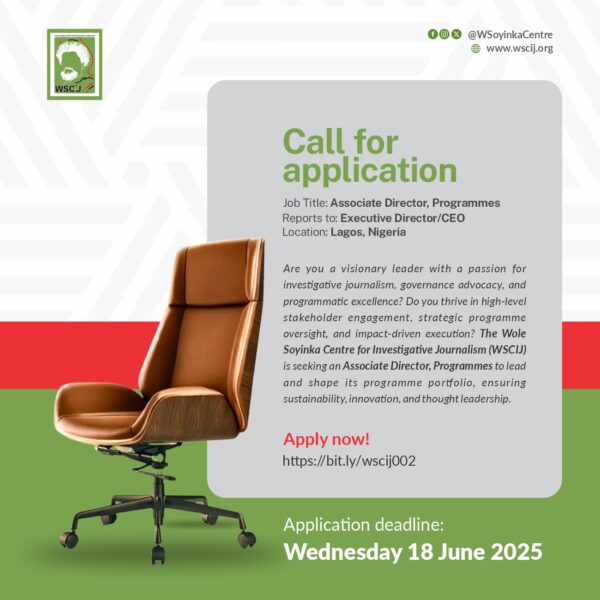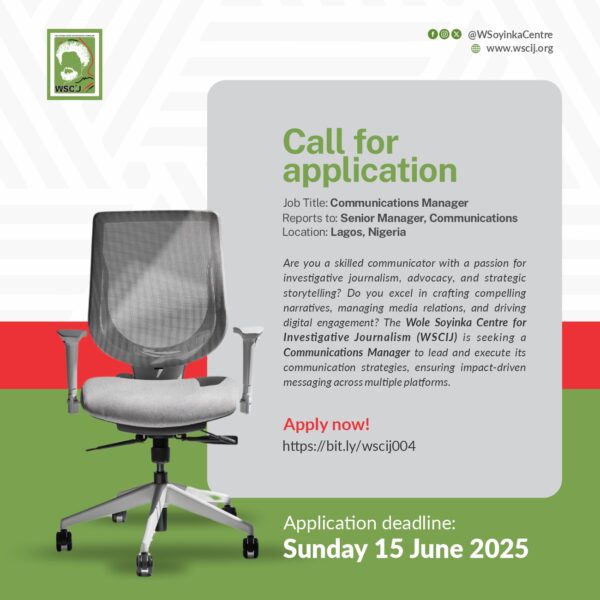The dearth of news reports about the issues of access and abuse as they affect girls and women in Nigeria was the reason the Report Women! project was initiated in 2014 by the Wole Soyinka Centre for Investigative Journalism (WSCIJ). From then till date, we have challenged gender bias, societal stereotypes, inequality, and all that undermines the full potential of life for women and girls in Nigeria through media interventions with considerable impact but with more to do.
The International Women’s Day (IWD) has been observed since the early 1900’s however, March 8 was adopted in 1914 as a date annually dedicated to IWD globally by recognising the struggles women face and celebrate their achievements in all spheres. The global celebration calls for collective reflection of the progress women have made in the realising of their rights, an assessment of what still needs to be done and a call to action on challenging barriers against their development. The 2021 theme Choose to challenge cannot come at a better time.
The media plays a critical role in informing and educating audiences about issues that include that of the female gender because when the media’s understanding of gender issues is jaundiced, society’s perception will be poorer. Media monitoring efforts undertaken by the WSCIJ from 2014 till date has shown that more needs to be done in filling the gaps of the reportage of girls and women to entrench a just, inclusive, transparent, and accountable society.
From systematically omitting women out of leadership position in newsrooms to the low appearance of women as sources and topics in the news to women journalists facing online violence while doing their job and to low or non-existent gender policy and practices within newsrooms, the media and female journalists are faced with existential threats daily. Add to these issues is the improper representation of women in media reports. Analysis of WSCIJ’s media monitoring effort of May to July 2020 across 14 publications (print and online) shows that on media reports about access, stories on entertainment and government were the top 2 issues covered about women with 16 per cent and 15 per cent respectively. On the lower rung of the ladder is stories on politics (3 per cent), education (2 per cent) and funding (1 per cent).
Two recent inappropriate captioning of stories announcing the emergence of Dr Ngozi Okonjo-Iweala as the director-general of the World Trade Organisation occurring recently buttresses that this struggle by the media is global and requires an intentional and holistic approach. While Reuters initial story title read – No-nonsense Nigerian woman to be named boss in double first for WTO but was later corrected to Nigeria’s Okonjo-Iweala makes history as head of WTO after a backlash on social media, CH Media, a Swiss media company used This grandmother will be the new chief of the World Trade Organization but retracted and issued an apology for the editorial mistake.
As the WSCIJ commemorates this year’s International Women’s Day, it remains committed to not only equip female reporters with the skills, finesse, support and tools to take bold steps that help position them for the highest leadership roles in their media houses but also push for better reports and representation of girls and women issues.

